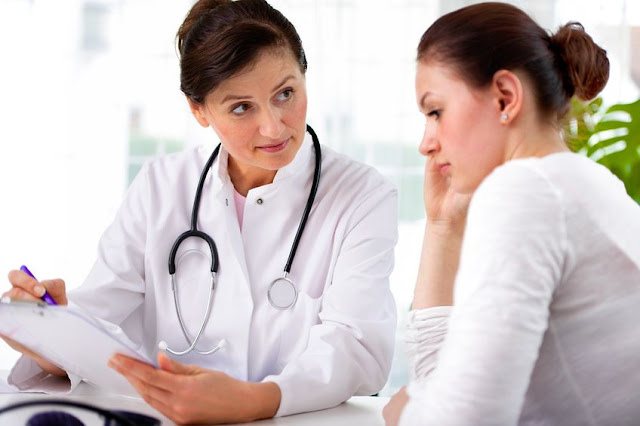Types of Depression: Clinical Depression
 |
| Types of Depression: Clinical Depression |
Symptoms of Clinical Depression
The actual symptoms of clinical depression vary as there are many different forms of depression as well as various degrees of it according to the individual affected. However, some of the more common ones include:
- Different sleep disorders that can vary from one extreme such as insomnia to the other extreme of oversleeping or extended sleeping. Some even find that they begin waking earlier than usual and have a difficult time returning to sleep
- Appetite changes is another fairly common symptom and again it ranges from extremes such as either overeating or binge eating or complete lack of appetite
- Noticeable lack of energy and/or extreme fatigue
- Aches, pains. Digestive problems or other physical symptoms that persist even when treated medically
- Loss of interest or elation over things that once brought joy and happiness such as hobbies, friends, family, sports, sex etc.
- Irresponsibility and a disregard for personal appearances
- Extended (two weeks or more) of sadness, crying etc
- Other feelings such as guilt, helplessness, irritability, agitation, hopelessness and often anxiety
- Dark thoughts of death and suicide
Types of Depression
There are many types of depression as well as varying degrees of this disorder. They can either be short term or long and protracted. Depression can begin rather suddenly or can build up over a long period of time. The three most common types of clinical depression are listed below:
- Major Depression-this form of the disorder can be a combination of the previous symptoms listed above. It impairs the ability to eat, sleep, work or enjoy the pleasures of life. Major depression can occur a single time or many times over a long period.
- Dysthymia– another type of clinical depression that is less severe than Major depression but is usually chronic in nature (long term) and can also impede them from functioning normally and also prevent them from feeling good.
- Bipolar disorder– (often referred to as manic depressive illness): Manic depressives go from periods of elation and increased activity knows as mania to periods of deepest depression.
Treatments for Clinical Depression
Treatment for the clinical depression vary but as with other types of depression, early diagnosis, psychotherapy, counselling, mood stabilizers and antidepressants are the most common treatments but in extreme cases, electroconvulsive therapy may be used.